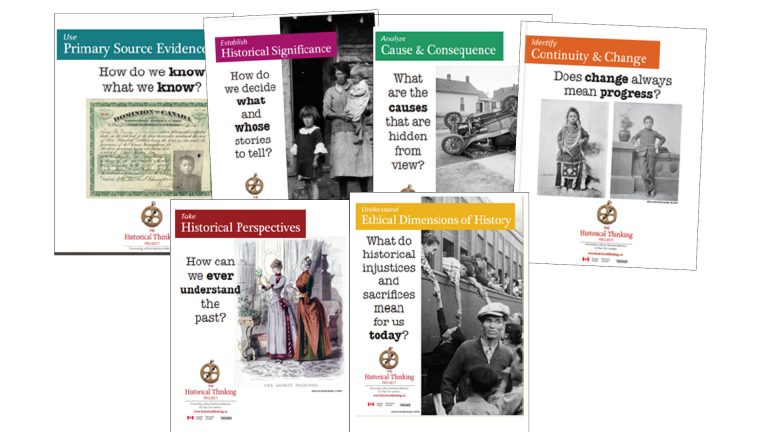Being a Responsible Citizen in Today’s World
Governments come and go—sometimes serving as protectors, other times as oppressors. They may uphold justice or fall into corruption. Yet, amid their impermanence and flaws, humanity longs for a kingdom that is eternally just, good, and peaceful. Our true hope is found in Jesus.
For to us a child is born,
to us a son is given,
and the government will be on his shoulders.
And he will be called
Wonderful Counselor, Mighty God,
Everlasting Father, Prince of Peace. (Isaiah 9:6-7)
In the meantime, we are called to be good citizens in our communities, cities, and country.
What Does It Mean to Be a Responsible Citizen?
A healthy democracy thrives on informed discussion and active participation. By developing critical thinking skills, you’re not only embracing your role as a responsible citizen—you’re becoming a catalyst for positive change.
Being a responsible citizen means recognizing that you’re part of something greater than yourself: a community, a nation, and ultimately, the global society. As a Christian, you are part of God’s community around the world. Citizenship grants us essential rights that uphold justice and freedom—but those rights are accompanied by important responsibilities.
Core Responsibilities of Citizenship:
- Voting: Participating in elections to ensure your voice is heard.
- Staying Informed: Keeping up with local and national events so you can make educated decisions.
- Respecting the Law: Following rules that maintain safety, order, and fairness.
- Engaging in Your Community: Volunteering, helping neighbors, and working together to improve the world around you.
Understanding both your rights and your responsibilities empowers you to protect yourself, advocate for others, and contribute meaningfully to a thriving, just society.
What If Our Leaders Aren’t Doing What’s Right?
Imagine playing a game where the leader cheats and changes the rules unfairly. That’s what it’s like when government officials act corruptly or fail to serve the people justly.
While it’s important to respect authority, it’s equally vital to stand up for what is right and support those who are being mistreated. So, what can we do when leadership falls short?
Ways to Respond to Unjust Leadership:
- Pray: As people of faith, we can always turn to God in prayer, asking Him to guide our leaders toward wise and just decisions.
- Start Conversations: Talk with friends, family, and community members to share ideas and seek solutions together.
- Support Good Leaders: Encourage and uplift those who lead with integrity, compassion, and honesty.
- Speak Out: Use your voice to advocate for change. Write letters, sign petitions, or participate in peaceful protests. The right to protest is a powerful tool—but one that must be used respectfully and constructively.
- Remember: God is the ultimate authority. He is in charge. The stamp of His image is on us (Genesis 1:26). In Mark 12, Jesus said to ‘give back to Caesar what is Caesar’s (speaking of coins), and to God what is God’s (speaking of us & our hearts). The kingdom of God is in our hearts, not in our government.
For Christians, following Jesus takes precedence above all else. At times, this may require choosing God’s way, even when it conflicts with human authority. Being a good Christian often aligns with being a good citizen—until doing so would mean compromising your faith.
Regardless of our political opinions or how we feel about those in power, we are called to be prayerful, courageous, and thoughtful in our actions. Staying informed and using our voices wisely are part of how we live out our faith, trusting God as the ultimate ruler.





